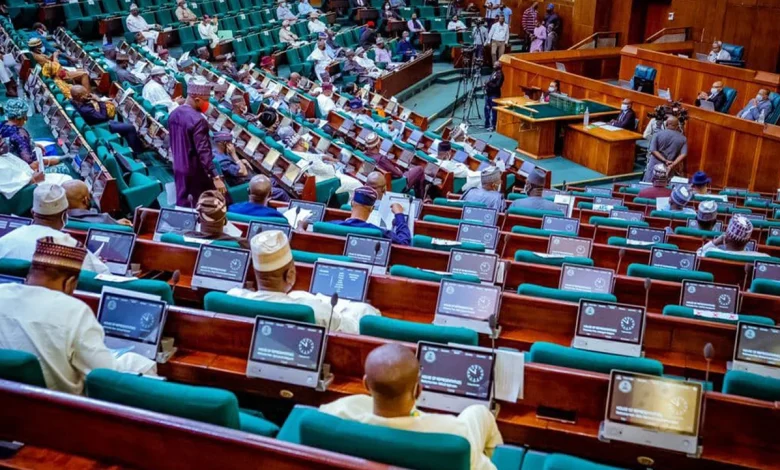A bill proposing compulsory voting in Nigeria has passed its second reading in the House of Representatives.
Sponsored by Speaker of the House of Representatives, Hon Tajudeen Abbas and Hon Daniel Ago, the legislation for compulsory voting in Nigeria is said to be aimed at amending the Electoral Act 2022.
The bill proposes to make electoral participation a legal obligation for Nigerians of voting age.
The bill also seeks to boost civic engagement and strengthen democratic representation.
During the plenary debate, Ago, while arguing for compulsory voting in Nigeria, emphasized that the country has always been experiencing low voter turnout during elections.
He said that only 27% of registered voters participated in the 2023 general elections, a development he said undermines Nigeria’s democracy.
He also argued that compulsory voting in Nigeria could reduce vote buying and foster greater political awareness.
Also supporting the bill, Deputy Speaker Benjamin Kalu, cited examples like Australia, where mandatory voting enhances governance stability.
Kalu stressed that citizenship comes with civic responsibilities, and this bill could invigorate Nigeria’s democratic process.
“In Australia, it is an offence not to vote in any election. There are some incentives that you will be denied for not voting,” he said.
Kalu said Nigerians should be part of the decision-making in elections.
However, opposition lawmakers raised concerns about the bill’s practicality. Awaji-Inombek Abiante (PDP, Rivers) questioned enforcement, noting the unclean voter register and the lack of incentives for compulsory voting in Nigeria.
Abiante referenced Kalu’s argument, asking what incentives citizens would be denied if they did not vote.
“What are the incentives that would be denied to citizens?” he asked.
“Voting should be free,” Abiante added.
Abiante also expressed concerns about the voter register, saying, “It is not clean”.
“Who will provide the logistics for Nigerians abroad to come home and vote?” Abiante asked.
Another lawmaker, Mark Esset (PDP, Akwa Ibom) argued that public distrust in the electoral system is the reason for low turnout during elections.
Esset maintained that the bill proposing compulsory voting in Nigeria would amount to nothing if the electoral system is not overhauled.
“It is a good bill, but we are trying to build something on nothing. While we want to make voting compulsory, there should also be a law to make voting count,” he said.
While lawmakers were opposing the bill, Kalu consistently interrupted them, citing order 9, demanding that they confine their argument to the rules of the debate.
Abbas had to correct him, clarifying that the debates were in line with the bill’s general principles.
However, after intense and extensive debate, the speaker called for a voice vote on the bill, the “ayes” were louder than the “nays”.
According to the legislature’s standing order, the “ayes” signalled the bill scaling to the second stage of reading.
The bill was then referred to the House Committee on Electoral Matters for further scrutiny.
If passed into law, the bill proposes penalties, including up to six months imprisonment or a fine of N100,000 for non-compliance.





